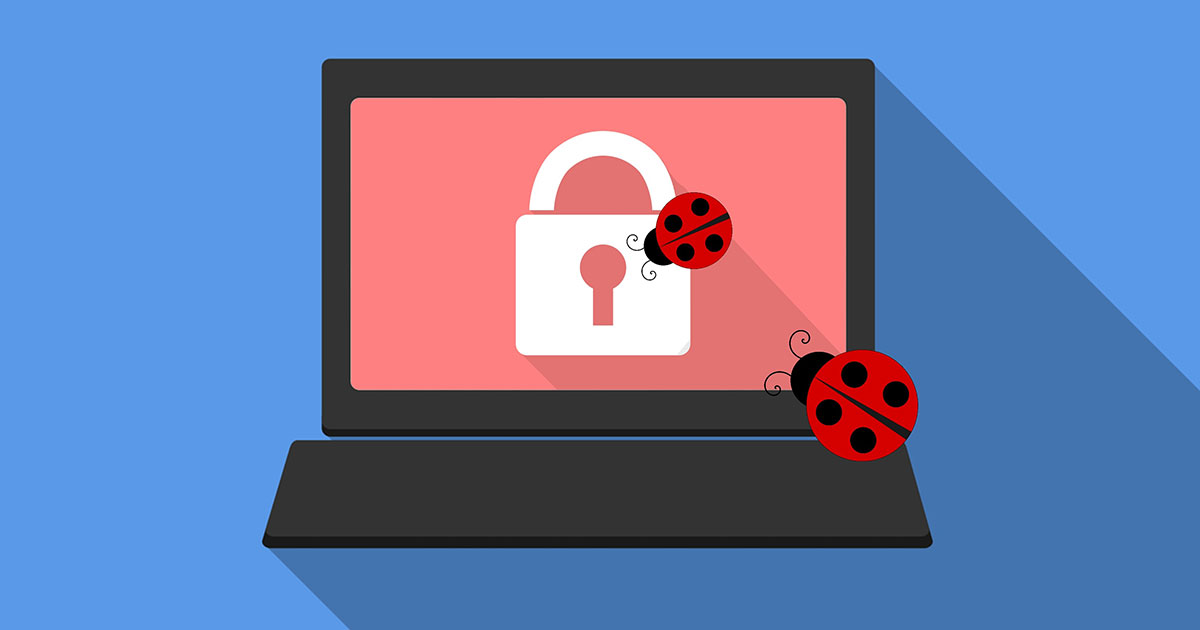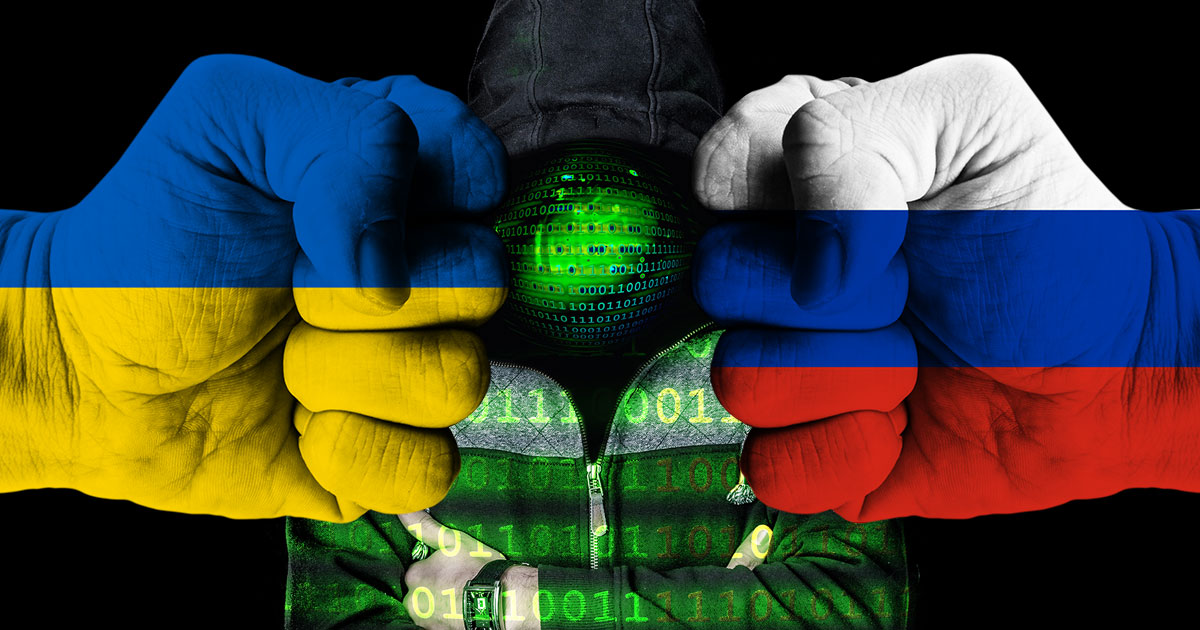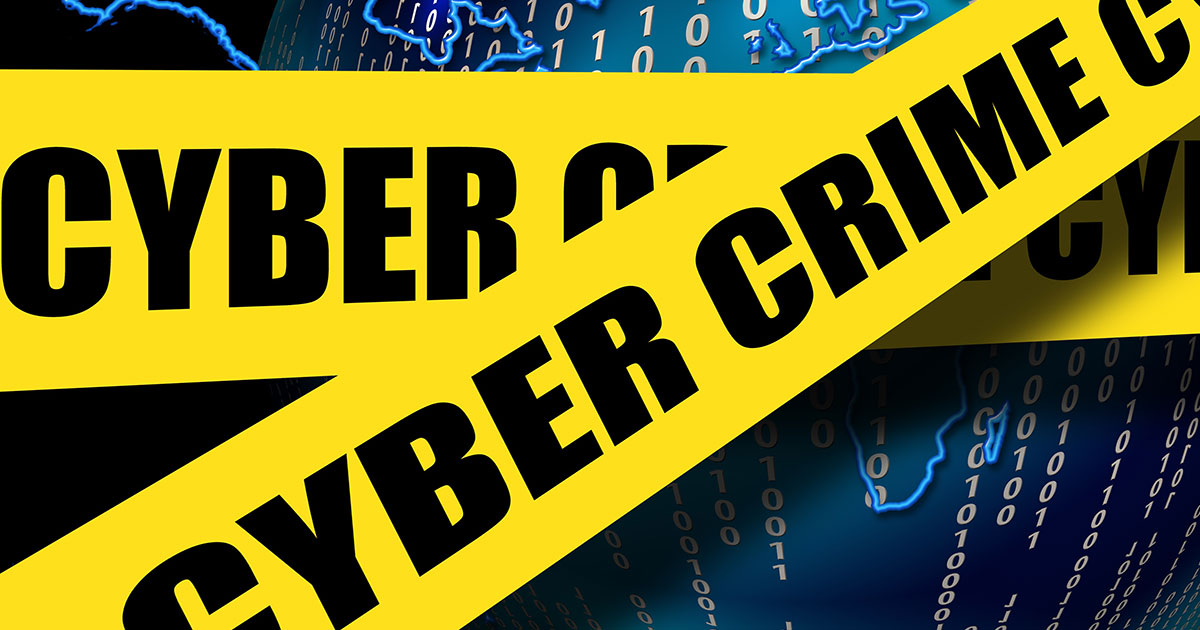
Could You Be the Next Target of These Dangerous Cyber Attacks?
North Korean hackers have rolled out two fresh strains KLogEXE and FPSpy, in a development that is likely to set off fresh alarm bells in cybersecurity companies. If you thought your system was safe, you were mistaken. Sophisticated malware attacks are now targeting organizations in Japan and South Korea, and their vectors are scarier than ever before. Is your organization next?
This new wave of attacks is linked to a notorious North Korean hacking group known as Kimsuky. Also called APT43, Black Banshee, Emerald Sleet, and several other names, this group is no stranger to cyber espionage. Known for its crafty spear-phishing campaigns, Kimsuky has been active since at least 2012, making it one of the most dangerous hacking groups today. With these new malware strains, their arsenal has just become more threatening.
But what exactly are KLogEXE and FPSpy, and why should you care? These aren't just regular viruses—they're designed to infiltrate your system, steal sensitive information, and maintain remote control over your devices, all without you realizing it.
KLogEXE: A Sophisticated Keylogger
KLogEXE is a C++ variant of the already-known keylogger by the name of InfoKey. It can log every keystroke you make silently. It monitors everything from what applications are running on your system to mouse clicks making it easier for hackers to steal your passwords, credit card numbers, and even sensitive business data. According to reports from cybersecurity company Palo Alto Networks Unit 42, this strain of malware was in most cases distributed through spear-phishing attacks. Spear-phishing is a deceptive technique in which emails seem to come from reliable sources but actually contain malicious files.
Imagine opening an email that looks like it's from your boss, only to unknowingly download malware that exposes your entire organization. That's the real danger here.
FPSpy: A Multifunctional Backdoor
On the other hand, FPSpy is even more sinister. It's not just a keylogger but a backdoor that allows hackers to gain complete control over your system. This variant, first detected in 2022, has resurfaced with new features. It can download and execute additional payloads, run arbitrary commands, and even browse through files and folders on the infected device.
FPSpy's origins can be traced to another backdoor malware named KGH_SPY, making it a more dangerous version of an already deadly tool. Once FPSpy enters a system, it gives hackers the ability to steal not just data but also gain long-term access to the infected network. This poses a significant threat to businesses, academic institutions, and governments alike.
The Main Targets: South Korea and Japan
Unit 42 researchers unveiled that these primarily focus on South Korea and Japan—which aligns with historical targeting patterns for Kimsuky. The group has been known to attack universities, think tanks, and government institutions around the world to gather intelligence that can be of benefit to the North Korean regime.
In a recent campaign, Kimsuky hackers used spear-phishing emails to trick university professors and researchers into downloading malicious files. These emails mimicked login pages of trusted institutions like Korea University and Yonsei University, directing victims to fraudulent websites. Once victims entered their credentials, hackers gained access to their sensitive information.
What Can You Do to Stay Safe?
With the rise of such sophisticated malware attacks, how can you protect yourself and your organization?
Experts recommend enabling multi-factor authentication (MFA) to add an extra layer of security. Be cautious about email attachments. Also, double-check URLs before logging into any platform; it could be a phishing page that looks exactly like the one you log into every day. These hackers are now targeting some specific organizations in Japan and South Korea, and it probably won't be long before they come after more scope.
Remain vigilant as well as keep your team well informed regarding spear-phishing threats. The more your employees know, the less likely they are to be the victim of such an attack.
A Growing Threat with Expanding Capabilities
Common source code elements between KLogEXE and FPSpy strongly indicate that the strains originate from the same malware author. This also underlines Kimsuky's continuous development and increasing maturity. The fact that they can evolve, come up with new tools gives you a sense that this is not a threat that is going away anytime soon.
If you think this doesn't affect you—think again. Cybersecurity isn't just an IT issue; it's a business issue. Every time we hear about a new strain of malware, it's a reminder that anyone can be targeted. South Korea, Japan, or anywhere else, you have to keep ahead of these threats.
Exclusive Blog
Read All Exclusive Blog »
With world working from home, it's time to make it enjoyable and effective.
Read DetailsHacking Tools
Explore All Hacking Tools »
UFTP is an encrypted multicast file transfer program for secure, reliable & efficient transfer of files. It also helps in data distribution over a satellite link.
Read Details










